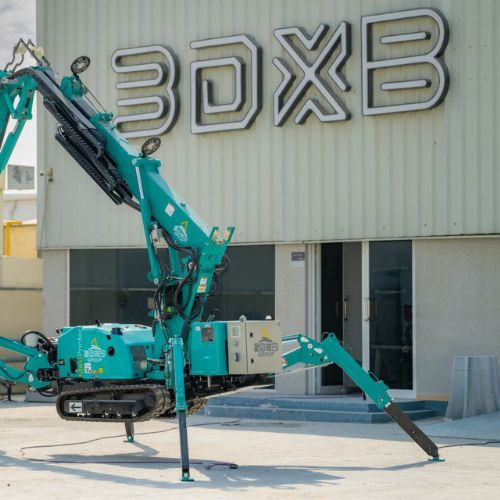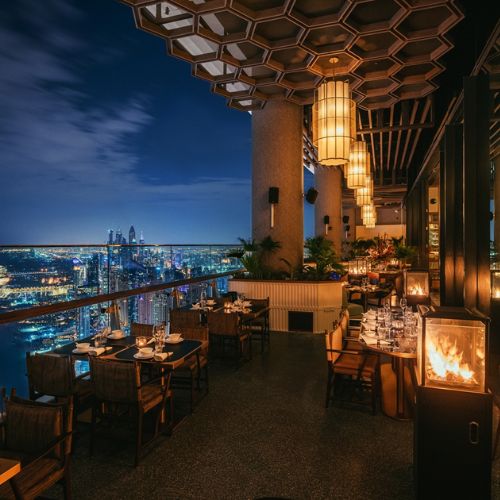PC: Caterer Middle East
Dubai strengthens its position as a global destination, showcasing
growth in tourism and its impact on the city’s real estate and lifestyle sectors.
Dubai International Airport (DXB) has witnessed a 6.3% year-on-year growth in visitor numbers for the first nine months of 2024. This growth shows the emirate’s ascension as a global destination, attracting visitors across more months of the year and further establishing its position as a hub for tourism, real estate, and lifestyle innovation.
The steady influx of visitors drives demand in the real estate market of Dubai, especially within the food and beverage (F&B) and hospitality sectors. New experiences, like beach clubs and restaurants, have popped up to address this audience. Of course, J1 has established itself as a unique winter destination, which tells much about the city’s ability to mix and match concepts that both tourists and residents would find interesting.
Dubai’s approach showcases a delicate balance between developing for visitors and creating vibrant spaces for its residents. However, the continuous addition of new restaurants and bars raises questions about market saturation and the long-term sustainability of the sector’s momentum.
Strategic Planning for Sustained Growth
To sustain growth, F&B operators, investors, and developers have to focus on thoughtful strategies rather than growing the number of venues. Location is crucial because Dubai is a fast-changing market requiring adaptability in consumer preference and footfall trends. In order to create a destination as a lifestyle hotspot, a well-thought real estate strategy must be done with regard to the uniqueness of the city’s dynamics.
Dubai for an international brand with aspirations to enter or grow within Dubai is critical as they should be in accordance with the regulatory and cultural context. The idea would be merely copying the concept as in London won’t do, for example. Demographic variations, seasonal characteristics, and expectations from its citizenry will need tailored innovation.
Today’s market requires dining in Dubai to move beyond great food; the experiences need innovative and value-driven experiences which hold people all year round. This strategy, in real estate terms, will require spaces adapted for changing hospitality landscapes.
As visitor numbers keep soaring, the focus of operators will shift toward sustainable differentiation, cultural relevance, and innovation. Strategic collaborations and attention to consumer behavior will be key in ensuring the Dubai F&B sector prospers while setting global standards for excellence.
An encouraging indicator of the robust hospitality sector of Dubai is the increase in reported visitors. However, the road ahead is in embracing change and fostering unique offerings that can be enjoyed by both tourists and residents. In doing so, Dubai can solidify its reputation as a world-class destination while sustaining the growth of its F&B and lifestyle industries.















